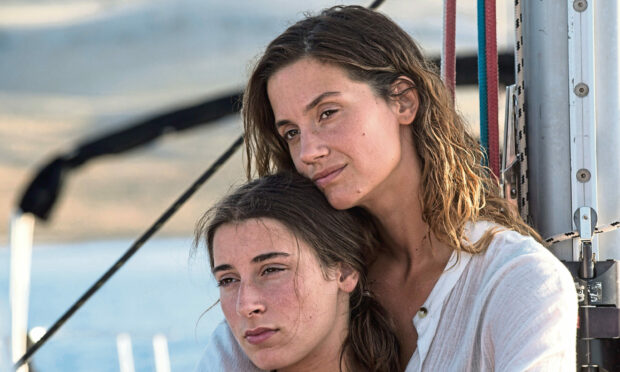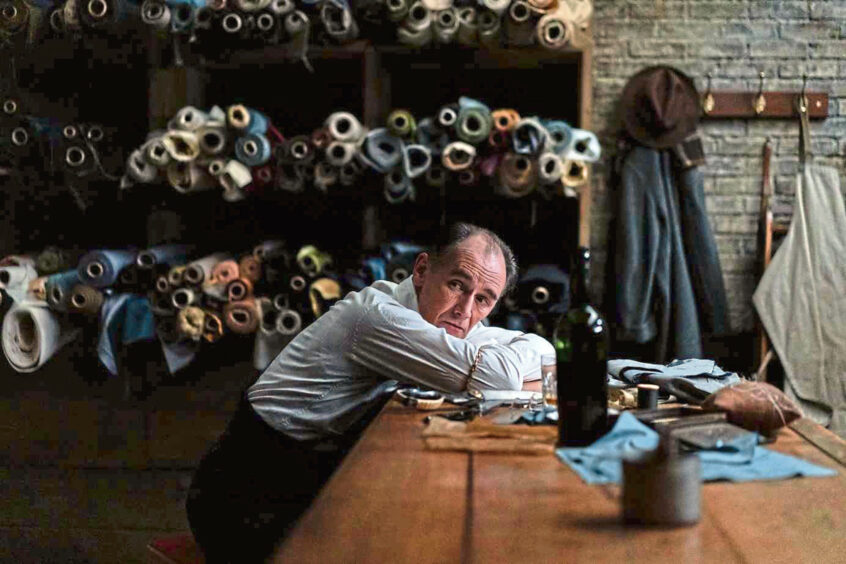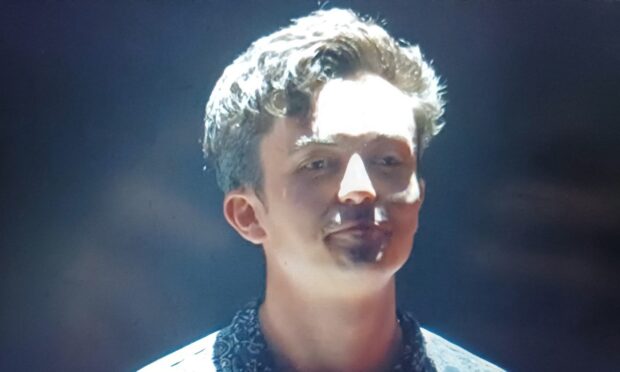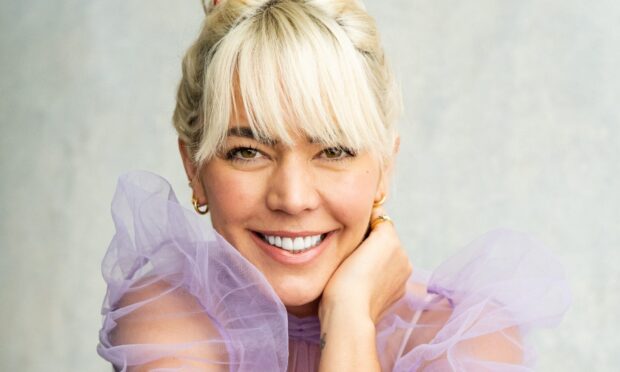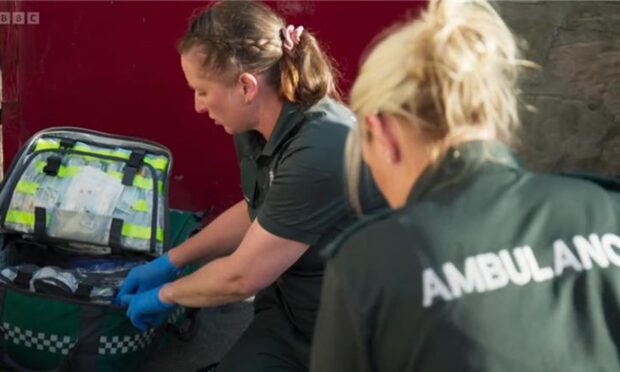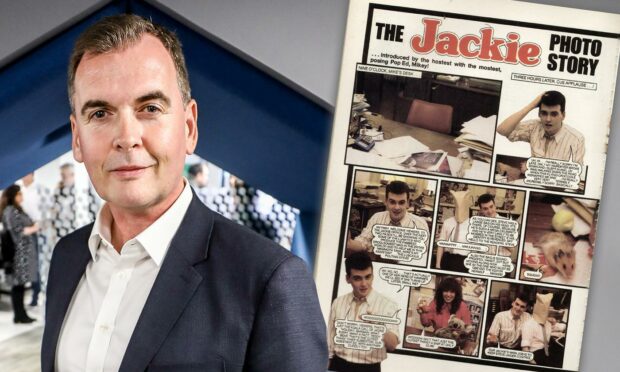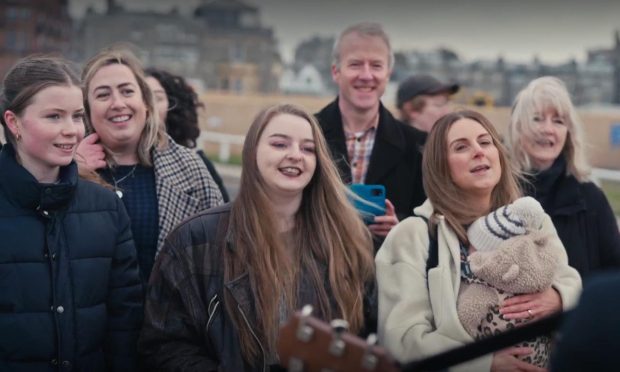“This year, I have to say I’m absolutely exhausted before the festival starts,” said Allison Gardner, co-director of Glasgow Film Festival.
“We didn’t know we were going to have a festival, because of the constantly changing nature of the health emergency, and then distributors couldn’t make up their minds about films. So everything was really protracted, X had to fall in before we could do Y and… it was a long, hard slog.”
Now that Glasgow Film Festival 2022 really does look like it’s going to happen, one of the plans considered for the GFF edition of early 2021 by Gardner and co-director Allan Hunter is finally being put in place. Some of the key premieres will be taking place at the same time at 18 affiliated cinemas around the country, from Stornoway to Bristol – including Dundee Contemporary Arts.
DCA to host premieres
“The venues decide their own times, but most of them are on the same date as us, at exactly the same time or a little bit after,” says Gardner.
“We’re sharing three UK premieres which really reflect the ethos of the film festival. They’re all debut features and two of them are directed by women, that really reflects what we’re going for, to support first or second-time filmmakers. It’s a festival of discovery, if you like.”
The first film being seen in Dundee on March 2, the opening day of the festival, is the directorial debut of American screenwriter Graham Moore, who won an Academy Award for his screenplay for The Imitation Game.
It stars the typically excellent Mark Rylance as a Savile Row tailor named Leonard who finds himself down on his luck and working in a rough part of Chicago, where only the local gangsters are wealthy enough to buy his suits.
“It’s a really tense, fantastic thriller,” says Gardner of The Outfit.
“Mark Rylance gives a superb performance. It’s all very tight, set in one space – it’s got that feel of Tarantino’s Reservoir Dogs, that great dialogue, with a little bit of The Usual Suspects thrown in. It’s fabulous, and we’re delighted to be working with Universal on having that as our opening gala across the UK.”
60’s French film Happening
On March 8, another early work by a screenwriter turned director is featured, with French director Audrey Diwan’s Happening (L’événement). It’s set in 1963, and features rising star French-Romanian actor Anamaria Vartolomei in the lead role.
“It’s a fabulous film, which we’re happy to be showing on International Women’s Day,” says Gardner of the Venice Golden Lion winner.
“It’s the story of a young woman in the ‘60s in France, who gets pregnant at a time when abortion is frowned upon and illegal, and she can’t seem to get any help.
“We feel it’s a really relevant film in terms of what’s happening across Europe in terms of women’s rights, and it’s important we still champion films that tell this story. It’s a really tight, taut and beautifully-filmed, and it has an element of thriller to it, because you don’t know where it’s going to go. The issues are there, but it’s not all about the issues, if you know what I mean?”
Murina
The closing gala film on March 13 is Murina, also directed by a new, young female director from Croatia named Antoneta Alamat Kusijanovic.
“It’s the story of a girl whose father keeps her on a very tight leash,” says Gardner.
“She’s got this beautiful life, she lives on a beautiful island, she swims, she has everything she wants, but what she wants is freedom from her overbearing father. There are quite a lot of ‘fight the patriarchy’ themes going on in our festival this year. I don’t know if it’s to do with me, in particular, but we’re really championing different voices, which I think is important.”
For this year’s Audience Award at GFF, viewers across the country will be able to vote for the favourite film they’ve seen.
“We’ve got to make sure that everybody is there to help one another and shine a light on different things,” says Gardner of the benefit of these films being seen widely.
“There’s nothing wrong with the Batman and Marvel films, but you need a counterbalance to that and you need new talent to come in, who may go on to make those films. But if you don’t give people the opportunity, and you only present one type of film, then you’re going to get the same type of film made over and over again. Martin Scorsese said it best – you’ve got to watch great films to make great films.”
